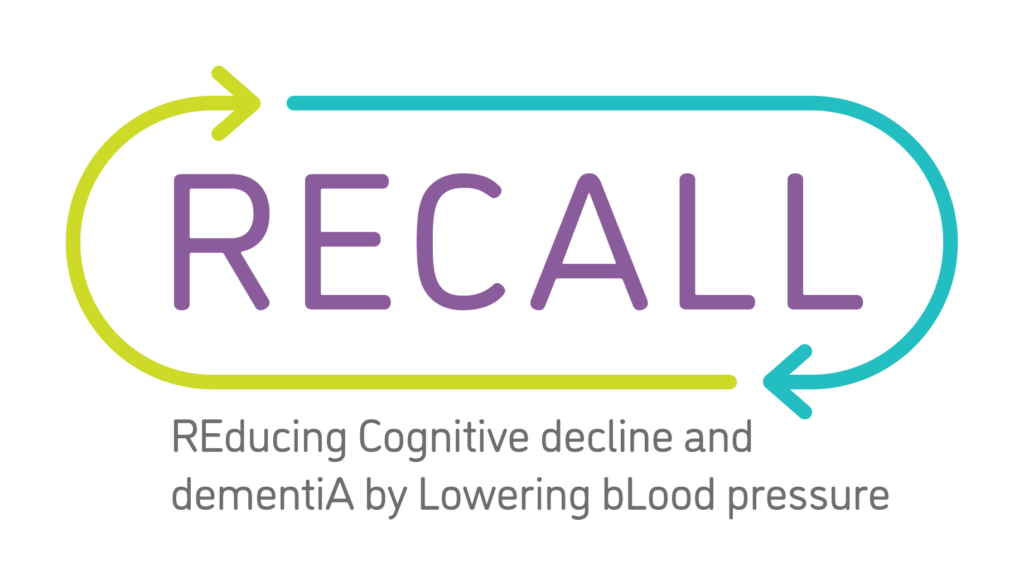About TGI

We prioritise our research into better treatments, better care, and healthier societies:
Better Treatments
Finding better treatments for the world’s biggest health problems using large scale clinical trials to find scalable solutions for countries across the economic spectrum.
Better Care
Strengthening accessible, affordable and equitable primary health care for all, through research that investigates new healthcare delivery systems and coordinated care for multiple conditions across the whole life course.
Healthier Societies
Using research to inform changes that increase the positive impact of governments, industry and communities on population health, including challenging unhealthy food systems and helping build resilient systems in the face of climate change.
To further foster evidence-based change, we extend the impact of our research by collaborating with civil society organisations, patients, communities, governments and academic institutions in more than 50 countries across the globe.
At the centre of our world-leading research pipeline is our network of academic partners, including UNSW Sydney, Manipal Academy of Higher Education in India, Imperial College London, and The Chinese University of Hong Kong.
About The Study Team
Study Principal Investigators
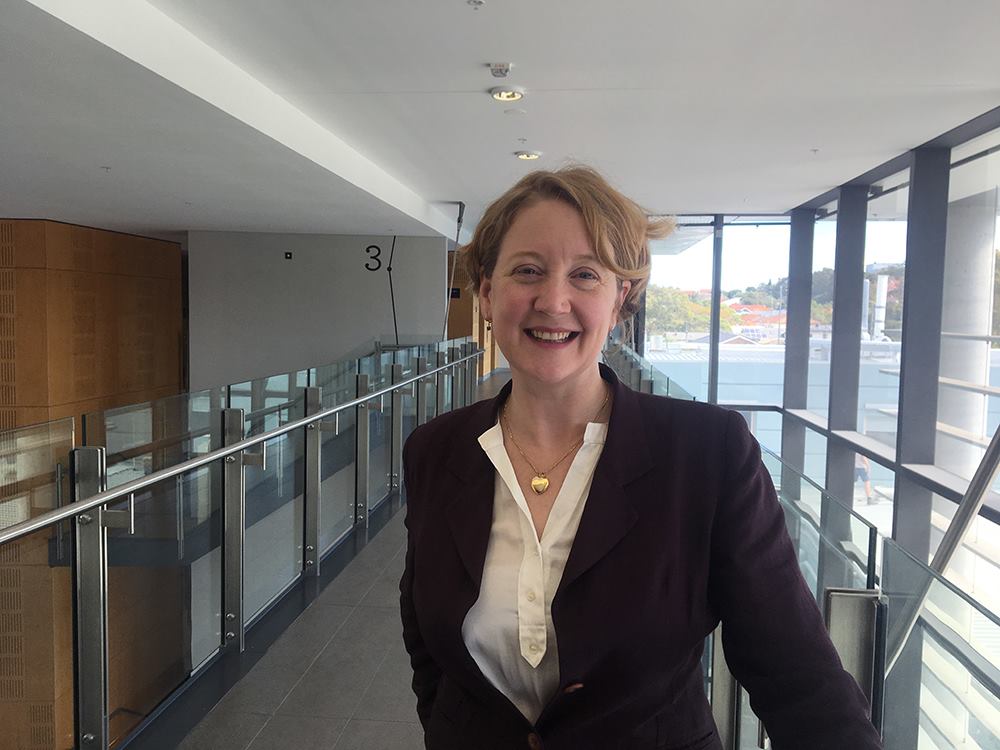
Associate Professor Ruth Peters
Program Lead for Dementia, Global Brain Health Initiative
Conjoint Associate Professor, Faculty of Medicine, UNSW
Associate Professor Ruth Peters completed her PhD and NIHR Post-doctoral Fellowship at Imperial College London before relocating to Australia in 2018. Dr Peters’ research combines clinical trials, evidence synthesis, and epidemiology to understand and treat risk factors for dementia and frailty. Her work has influenced WHO and national and international clinical practice guidelines, is used by health advocacy bodies and is regularly featured in the media, for example, Study finds evidence lowering blood pressure later in life can cut dementia risk.
A/Prof Peters has been awarded >$10 million in research funding, is widely cited and is regularly invited to talk at conferences and scientific meetings. She has a particular passion for the two areas that show the most potential for helping healthy brain ageing, multidomain risk reduction and the treatment of Hypertension.
In multidomain risk reduction, A/Prof Peters is leading the first large multisite trial to test intergenerational practice, a novel multidomain intervention bringing older adults and preschool children together, combining physical activity, cognitive and social engagement to reduce cognitive decline and frailty and co-designed with community members.
In Hypertension, Dr Peters is currently leading an exciting new research stream at The George Institute for Global Health, including innovative clinical trial and evidence synthesis projects in blood pressure lowering, dementia and frailty and has an established international reputation since her early PhD work as cognitive function lead for the award-winning multinational Hypertension in the Very Elderly Trial (HYVET, HYVET -COG).
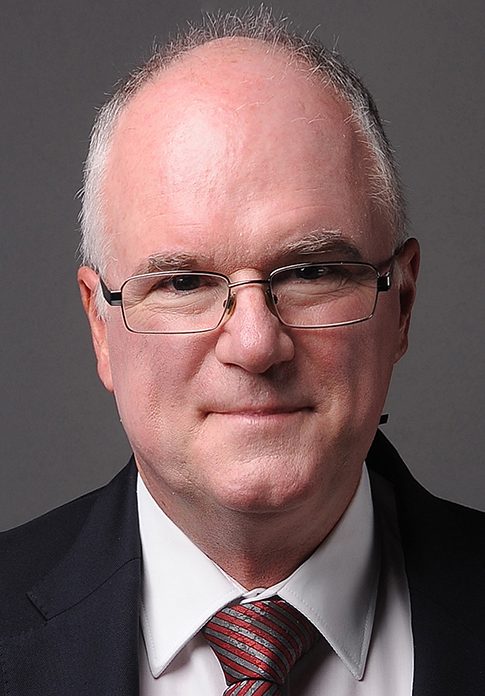
Professor Craig Anderson
Professor Craig Anderson is Professor of Neurology and Epidemiology, Faculty of Medicine, UNSW Sydney, and is in part-time clinical practice as a neurologist at Royal Prince Alfred Hospital, Sydney, Australia.
Craig holds specialist qualifications in clinical neurology and geriatrics, a PhD in medicine and epidemiology from The University of Western Australia and is a Senior Investigator Fellow of the National Health and Medical Research Council (NHMRC) of Australia. He is a past President of the Asia Pacific Stroke Organisation and the Stroke Society of Australasia and is a member of several specialist societies and an editor for the Cochrane Stroke Group.
He has published widely on the clinical and epidemiological aspects of stroke, cardiovascular disease and aged care, and has led several large-scale investigator-initiated epidemiological and clinical trials that have had a major influence on clinical practice guidelines for stroke treatment and prevention.
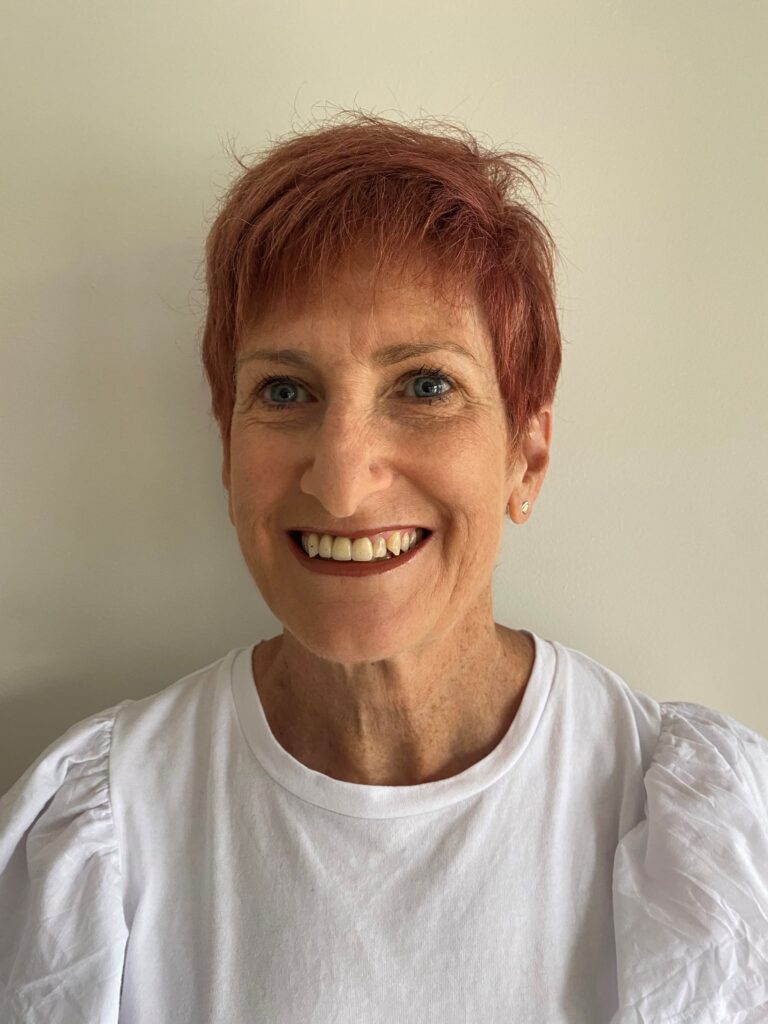
Jenny Landrigan
Jenny Landrigan has a Bachelor of Applied Science (Biomedical) and a Master of Community Health and a Graduate Certificate in Health Education. She started her career in research in the lab and then moved into industry where she has worked as a Clinical Research Associate, Clinical Team Leader and Project Manager. During her career she has worked for big Pharma and large and small CROs. She has also spent some time in the public hospital and university sectors. What she has enjoyed most to date is being part of a team that has bought new and innovative medicines to the general public.

Dr Nursafwana (Saffy) Zulkhernain
Senior Project Officer, The George Institute for Global Health
Dr Nursafwana (Saffy) Zulkhernain completed her PhD in Medicine (Immunology) at Centenary Institute, The University of Sydney in 2021. She also holds a MSc Cancer from the University College London with a research component in liver cancer. She had conducted pre-clinical research in the field of cancer biology, T cell Biology, sterile inflammation, and anti-cancer drug discovery with notable contributions in several research publications. After her PhD, Saffy joined The George Institute for Global Health in 2022 as a Clinical Trials Assistant, providing operational support in renal, respiratory, and cancer clinical trials. She then coordinated an oncology trial and a community-outreach women’s health research study as a Project Officer in 2023. Currently, she is working on an adaptive platform trial and a decentralised pilot trial in brain health and dementia risk reduction (RECALL-Pilot).

Emelia Cox
Clinical Trials Assistant, The George Institute for Global Health
Emelia has a Diploma of Community Services, a Bachelor of Public Health, and is currently pursuing a Master of Public Health. After beginning her career in the community services industry as a support worker, Emelia began working in project assistance for grassroot not-for-profits before starting as a clinical trials assistant at The George Institute. She currently works on the RECALL Pilot trial alongside two other neurology clinical trials at The George Institute – ALIGNED and STRONGER. She has a particular interest in preventative health and is keen to be working on a project that will hopefully contribute to a better understanding of dementia risk factors and prevention.
Study Site Physicians
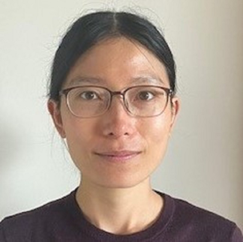
Dr Qiao Han
Visiting research fellow, The George Institute for Global Health,
Associate chief Physician, Department of Neurology, Suzhou TCM Hospital Affiliated to Nanjing University of Chinese Medicine, Suzhou, China
Dr Han has been a neurologist in Suzhou TCM Hospital, affiliated to Nanjing University of Chinese Medicine, for over 10 years. Her primary focus is on the diagnosis and treatment of cerebrovascular disease.
Dr Han started working at The George Institute (TGI) from the 11th of July 2022. Throughout her tenure, Dr Han trained, engaged and collaborated, with a range of people across several TGI projects, specifically the Brain Health team. She participated in several international multicenter trials within the Brain Health Program, including INTERACT3, RECALL and OPTIMIST.
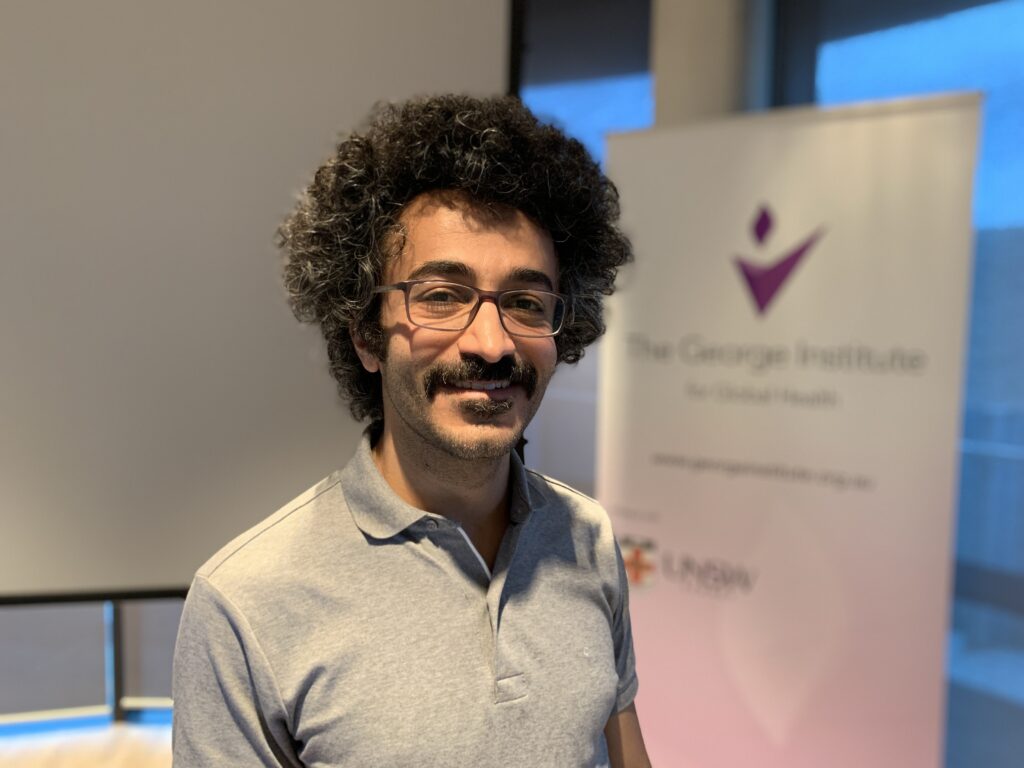
Dr Faraidoon Haghdoost
Research fellow, Headache Disorders, The George Institute for Global Health
Conjoint Lecturer, UNSW
Dr. Faraidoon Haghdoost is a dedicated full-time research fellow specializing in headache disorders at The George Institute for Global Health. With a robust academic and clinical background, Dr. Haghdoost also serves as a conjoint lecturer at the University of New South Wales (UNSW) in Sydney, Australia.
Dr. Haghdoost qualified in medicine and has experience practicing as a General Practitioner. His primary focus lies in conducting clinical trials, systematic reviews, and meta-analyses. Currently, Dr. Haghdoost is the study site physician for the RECALL-Pilot trial, where he is responsible for reviewing participant eligibility and safety throughout the study.
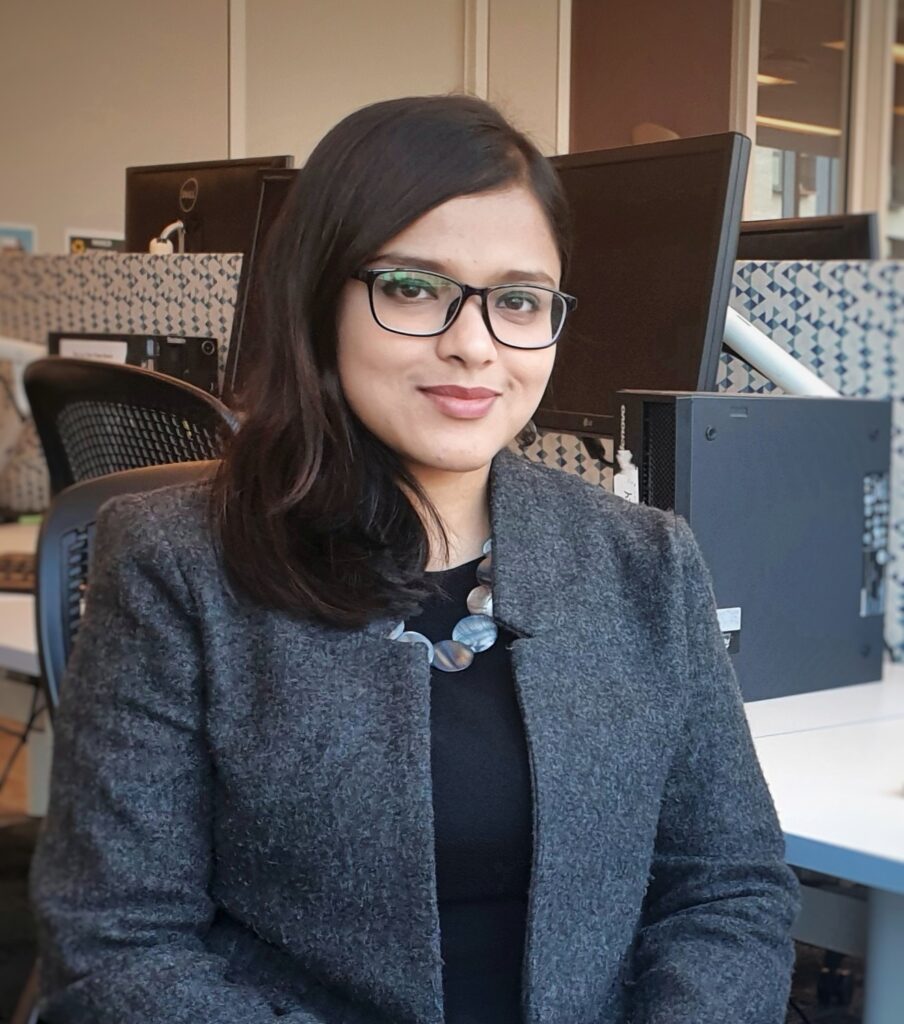
Dr Sultana Shajahan
PhD Candidate, UNSW
Research Associate, The George Institute for Global Health
Dr. Sultana Shajahan is a qualified medical doctor and currently doing her PhD within the Brain Health Program at The George Institute for Global Health and the University of New South Wales (UNSW) in Sydney, Australia. She also has a Master’s degree in Public Health (MPH) from Macquarie University, Sydney. She has worked on multiple research projects at The George Institute investigating blood pressure, dementia, and stroke. Her expertise lies in clinical trials, systematic reviews, meta-analyses and epidemiological studies. Currently, her PhD is focused on blood pressure changes and their associations with cognitive decline and dementia. Dr. Shajahan is also working as a site physician for the RECALL-pilot trial in dementia risk reduction, where she is responsible for reviewing participant eligibility and safety throughout the study.
How Our Research Is Different
Our trial is designed to allow people to participate without visiting a clinic. This means that people can be part of the research even if they live outside big cities or have other responsibilities that require them to be near their home.
This study provides the opportunity to participate directly; you can send your data directly to the research team by completing the online forms.
You can also complete your thinking, memory, and cognitive skills tests directly from your home.
RECALL-Pilot is the first step to test whether this approach to blood pressure lowering might help maintain thinking skills in adults over 70 years.
RECALL is also the critical first step towards understanding whether blood pressure lowering can prevent dementia in adults over the age of 70 years.
You will have the opportunity to monitor your blood pressure at home using the digital blood pressure monitor that will be posted to you.
